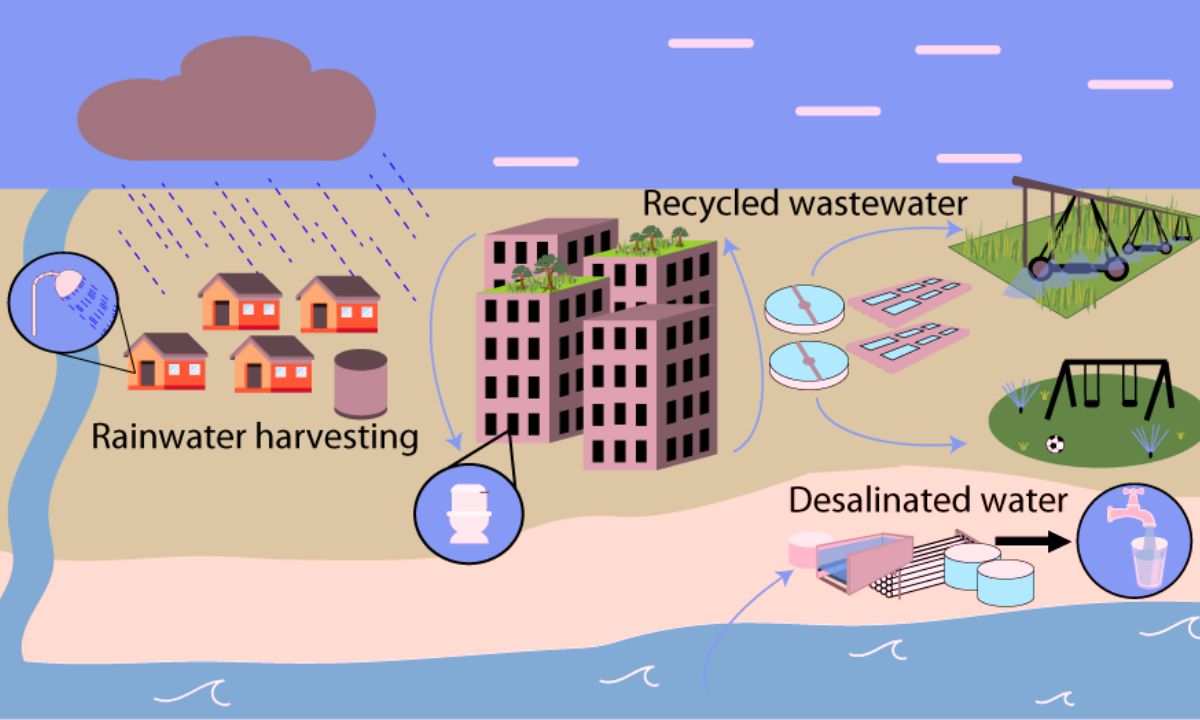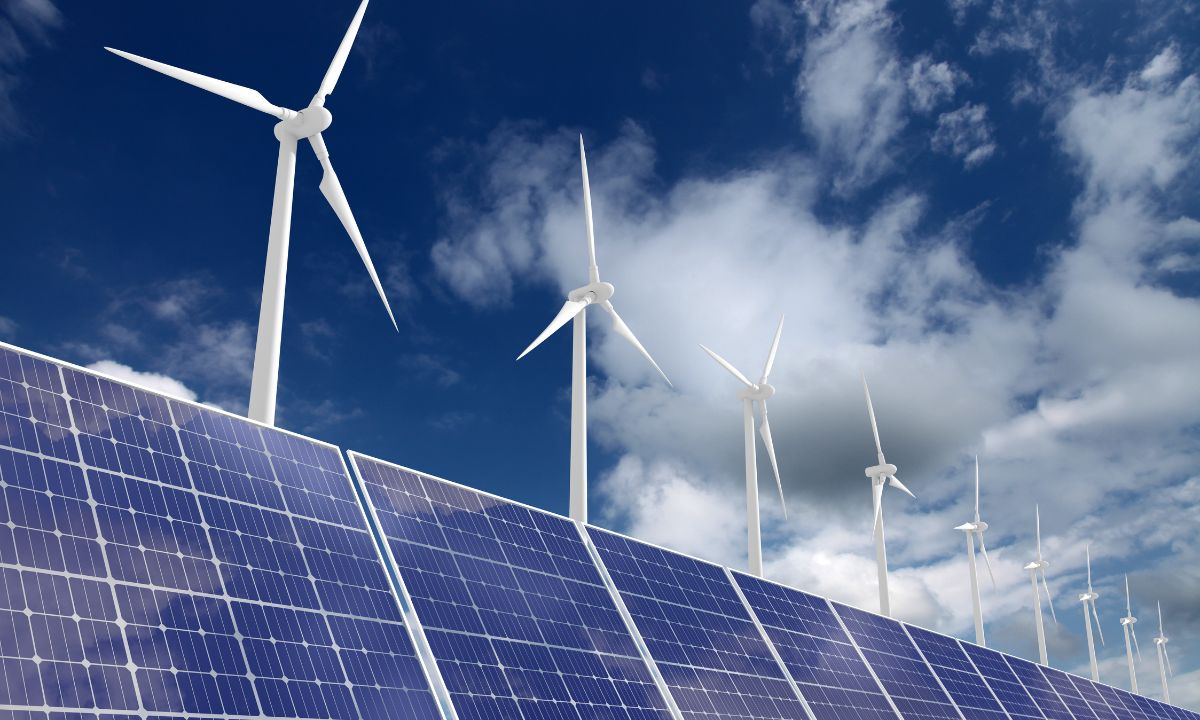Introduction
In an era where water scarcity is becoming an increasingly pressing issue, finding sustainable solutions for water management is paramount. One such solution gaining traction is rainwater harvesting. By capturing and storing rainwater, this practice offers a myriad of benefits for both individuals and communities alike. In this blog post, we’ll explore the various advantages of rainwater harvesting and its crucial role in sustainable water management.
Understanding Rainwater Harvesting
Rainwater harvesting is the process of collecting, storing, and utilizing rainwater for various purposes. It involves the installation of systems such as rain barrels, cisterns, or underground tanks to capture rainfall from rooftops and other surfaces. Once collected, the harvested rainwater can be used for irrigation, landscaping, toilet flushing, laundry, and even potable purposes with proper treatment.
Benefits of Rainwater Harvesting
- Conservation of Potable Water: One of the primary benefits of rainwater harvesting is its ability to reduce reliance on potable water sources. By using harvested rainwater for non-potable purposes such as irrigation and toilet flushing, households can conserve precious drinking water resources.
- Reduction of Stormwater Runoff: In urban areas, impervious surfaces such as roads and rooftops prevent rainwater from soaking into the ground, leading to increased stormwater runoff. Rainwater harvesting helps mitigate this issue by capturing rainwater before it flows into storm drains, reducing the risk of urban flooding and erosion.
- Cost Savings: Implementing a rainwater harvesting system can result in significant cost savings over time. By using harvested rainwater for activities like watering gardens and washing cars, homeowners can lower their water bills and reduce overall water usage.
- Drought Resilience: Rainwater harvesting provides a reliable alternative water source, particularly during periods of drought or water restrictions. By storing rainwater during wet seasons, individuals and communities can build resilience against water scarcity and maintain essential water supplies during dry spells.
- Promotion of Self-Sufficiency: Rainwater harvesting encourages self-sufficiency



